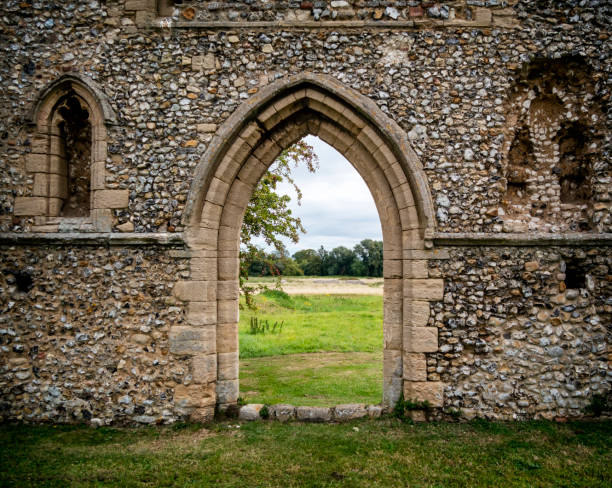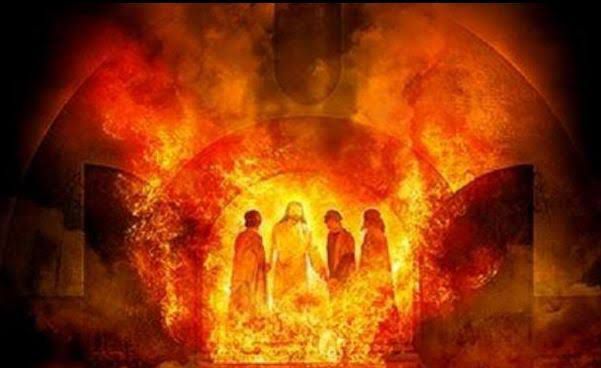“Because the Sovereign LORD helps me, I will not be disgraced. Therefore have I set my face like flint, and I know I will not be put to shame”
Isaiah 50:7
In our generation where distraction is common place those who desire to be spared a roller coaster ride in their Christian walk must set their face like a flint.
What does set your face like flint mean? Firstly we should know that a flint is a very hard rock and therefore symbolizes resolute and unshakable determination.
In fact without these qualities of a flint we would continue to have an uphill task against Satan, the enemy of our soul.
In James 4:7, the scripture admonishes us to submit ourselves to God, and to resist the devil, and he will flee from us.
Resistance to all sorts of temptations and moving forward in brave obedience is only achieved by setting our faces like a flint.
If indeed Jesus Christ is our example then we must be familiar with how He immediately detected distractions and how He dealt with them firmly.
In dealing with distractions he knew the scripture and it served as His focal compass.
Consequently we must let the word of God serve as not just as our moral compass but as a spiritual weapon for engaging with the enemy of our soul.
Only the word of God is useful for setting a determined course in the midst of a crooked and perverse world because the word of God is a spiritual energizer.
In several instances the words of men have failed to inspire us but the word of God will never fail.
To encourage Zerubbabel in his task of rebuilding the temple the scripture says: “This is the word of the LORD to Zerubbabel: ‘Not by might nor by power, but by my Spirit,’ says the LORD Almighty. (Zechariah 4:5).
In the book of Ephesians Apostle Paul warns believers: “For we wrestle not against flesh and blood, but against principalities, against powers, against the rulers of the darkness of this world, against spiritual wickedness in high places. (Eph. 6:12).
In the same vein, the word of God was vital to Jesus as he sets a determined course towards Jerusalem. He knew what the scripture said about the Messiah and his eventful death in Jerusalem, therefore not even threats from Herod could make him lose his focus.
His focus was like that of a sharp and hard flint, and he was able to give a deserved response to Herod’s threat against His ministry.
Answering those who brought the threatening message from Herod, and referring to Herod as a fox (a symbol of being cunning) Jesus said:
“In any case, I must press on today and tomorrow and the next day—for surely no prophet can die outside Jerusalem!” Luke 13:33.
Now how did Jesus know that “ no prophet can die outside Jerusalem?”. Because he often invokes the scripture to set the tone for his mission on earth -Jesus was familiar with the scripture.
He made this statement in the context of the violent death of the Messiah which would happen in Jerusalem. From being familiar with scripture Jesus knew that Jerusalem had a history of rejecting God’s prophets and it would reject the Messiah just as it had rejected his forerunners.
One can draw a parallel with the statement above thus: if we know, sufficiently from scripture that the world is an antithesis of christianity then, why do we keep embracing the world and not consistently setting our face against the world like a flint?
The lingering question is this- how seriously do we engage with the word of God as a moral compass and a spiritual energizer in our lives’ journey?
Reading: Mathew 4:1-11




